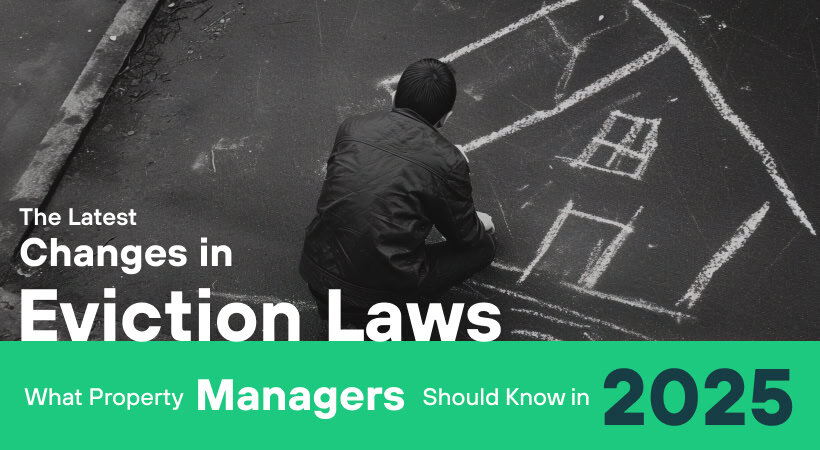Key Takeaways
Understand how AI rent tools analyze market data and competitor pricing.
Stay informed about antitrust investigations surrounding price-fixing concerns.
Avoid sharing proprietary data across ownership or management groups.
Use AI tools as guidance, not gospel, and maintain human review.
Monitor legal developments and consult with compliance professionals.
Artificial intelligence is revolutionizing nearly every industry—and real estate is no exception. From virtual leasing assistants to predictive maintenance tools, property managers have embraced tech to streamline operations and improve performance. But now, one application of AI is under intense legal and ethical scrutiny: algorithmic rent pricing.
At the center of the controversy is RealPage, a widely used software company whose revenue management system is facing accusations of facilitating rent price fixing. The lawsuits and federal investigations unfolding around RealPage have sparked larger questions about how technology should—and shouldn’t—be used in rental housing.
As property managers, it’s essential that we understand what’s happening, why it matters, and how we can protect our businesses while using these tools responsibly.
What’s Going on With RealPage?
RealPage provides property management solutions to multifamily housing owners and operators, including a rent-pricing algorithm known as YieldStar (also marketed as Revenue Management).
The system analyzes market data, competitor pricing, occupancy trends, and other variables to suggest daily rent adjustments. It’s used by some of the largest property owners in the country to optimize revenue and remove guesswork from the rent-setting process.
But here’s the issue: multiple class-action lawsuits and an investigation by the U.S. Department of Justice allege that RealPage’s software led to artificial rent inflation by facilitating collusion among competing landlords. The claim is that by feeding real-time data from multiple companies into a shared system—and by encouraging users to follow the algorithm’s recommendations—RealPage effectively acted as a “middleman” enabling price coordination.
Critics argue this may have reduced competition, led to uniform pricing, and harmed renters by inflating rents beyond what a free market would support.
RealPage denies wrongdoing, stating that their software simply analyzes data and provides recommendations, and that users maintain full control over pricing decisions.
How Algorithmic Rent Pricing Works
Rent optimization tools like RealPage, LRO, and others typically:
- Aggregate market and competitor data.
- Consider occupancy rates, historical rent trends, renewal probabilities, and lease terms.
- Suggest pricing that balances occupancy goals with revenue maximization.
The idea is that an algorithm can adapt faster to market conditions than a human could, resulting in more efficient pricing strategies.
But as adoption grows, so does concern about how these tools may influence market dynamics—especially when multiple competitors are using the same pricing logic, drawing from the same data pool, and following similar recommendations.
Why Property Managers Should Pay Attention
Even if your company isn’t part of the lawsuits or using RealPage specifically, this issue affects the entire industry. Legal experts warn that algorithmic collusion, where companies unknowingly coordinate through shared software, can still trigger antitrust concerns, even without explicit agreements.
That means:
- Using rent software doesn’t shield you from liability.
- Blindly following algorithmic recommendations could be risky.
- Transparency, documentation, and independent decision-making are more important than ever.
Best Practices for Property Managers
Here’s how to use pricing tools responsibly and minimize legal exposure:
Keep Human Oversight in the Loop
Never rely solely on software to make rent decisions. Use the algorithm as one input among many—and document your rationale for final pricing decisions. Regularly review and question any recommendations that seem out of line with your own market analysis.
Consult Legal Counsel
If you’re using pricing software, especially one that aggregates competitor data, it’s wise to speak with an attorney about potential compliance concerns. Ask specifically about antitrust risks and how to avoid inadvertently violating the law.
Know What Your Software Is Doing
Ask your vendor:
- Where does your pricing data come from?
- Is competitor data shared across clients?
- What safeguards are in place to avoid uniform pricing?
- Are users encouraged to accept pricing suggestions as-is?
A good vendor should be transparent and proactive in addressing these questions.
Stay Transparent with Residents
While you don’t have to disclose every pricing detail, being open about how your company approaches rent setting builds trust. Consider including a brief explanation in resident communications that clarifies rent increases are based on a variety of market and property-specific factors, not just a pricing tool.
The Bottom Line: Tech With Accountability
Technology can be an incredible asset in property management, but we can’t ignore the responsibility that comes with it. The RealPage case is a reminder that innovation must be paired with ethics, transparency, and due diligence.
As the industry continues to evolve and regulations catch up to new tools, property managers who stay informed, ask smart questions, and maintain oversight will be best positioned to thrive.
Being proactive today can help you avoid legal headaches tomorrow, and continue using tech to serve both your residents and your bottom line.











